While your marketing team brainstorms next month’s campaign, your competition’s AI system is already crafting, testing, and optimizing hundreds of hyper-personalized messages—at scale. This is the new era of brand building, powered by Generative AI (Gen AI).
The Beginning: A Tsunami, Not a Wave
Gen AI isn't just another shiny tech trend. In the last two years, it has swept through US business like a tsunami, transforming everything from advertising and product innovation to customer service. According to McKinsey, generative AI could unlock up to $4.4 trillion in annual global productivity, with marketing and sales poised to capture a lion’s share of that value.
But this revolution isn’t happening equally. As Bernard Marr, a leading AI futurist, puts it:
“Your AI strategy will help you to focus on your core business objectives and prioritise ways that AI can help deliver those business goals”.
The Middle: The Gen AI Advantage
Why is a Gen AI strategy business-critical? Here’s what the leaders already know:
- Hyper-Personalization at Scale: Today’s consumers expect brands to “see” them as individuals. Gen AI delivers that by analyzing real-time data and creating individualized content—everything from emails to videos—instantly.
- Faster Time-to-Market: Gen AI enables companies like Mattel to generate product concepts four times faster, and Unilever to cut customer service response times by 90%. Vanguard increased its LinkedIn ad conversion rates by 15% using AI-powered copy.
- Brand Consistency and Voice: AI can ensure your messaging remains consistent—even as it personalizes at scale—by learning and adhering to the nuance of your brand’s tone, lexicon, and values.
- Creative & Operational Efficiency: From automating content creation to powering creative brainstorming, Gen AI frees up your human teams to focus on high-value, strategic work.
As Harvard Business Review observed after studying 100 brand implementations, the boldest innovators aren’t just using AI for cost cuts—they’re looking to reshape their markets, amplify brand differentiation, and drive sustained competitive advantage.
Professional Perspectives
Dr. Oded Netzer, Columbia Business School professor, notes, “AI is not just an efficiency tool. It’s a creative engine that can amplify what makes your brand unique—if you guide it with the right strategy.” Catarina Laker, AI strategy consultant, cautions: “Lack of alignment between brand voice and AI-generated content can erode trust. Human-in-the-loop oversight is a must”.
The End: Act Now, or Risk Being Left Behind
The risks of sitting idle? Your story—inaccurate, off-brand, or irrelevant—may already be told by third parties’ AI models if you’re not guiding the narrative. According to a recent Gartner survey, 55% of brand leaders believe Gen AI poses significant brand risk, but only 21% have strategic guidance to mitigate it. Without a proactive Gen AI strategy, brands face:
- Loss of market share to AI-ready competitors
- Diluted or off-brand narratives in the marketplace
- Failure to meet rising consumer personalization demands
- Exposure to ethical, compliance, and data risks
How to Get Started
- Audit Your Current Capabilities: Map where Gen AI could add the most value and eliminate the largest pain points.
- Set Guardrails: Develop (and keep updating) ethical, compliance, and brand-voice guidelines for AI-generated content.
- Upskill and Involve Teams: Make Gen AI literacy a core part of your organizational DNA.
- Start Small but Think Big: Focus on 1-3 high-impact domains for immediate gains, then expand strategically.
“Gen AI is already telling your brand’s story—with or without you. The only question is: Are you guiding it?” —MarTech
In this moment, a Gen AI strategy isn’t just a competitive advantage—it’s table stakes for staying relevant in the AI-powered marketplace.
Don’t just join the race. Run it with purpose.





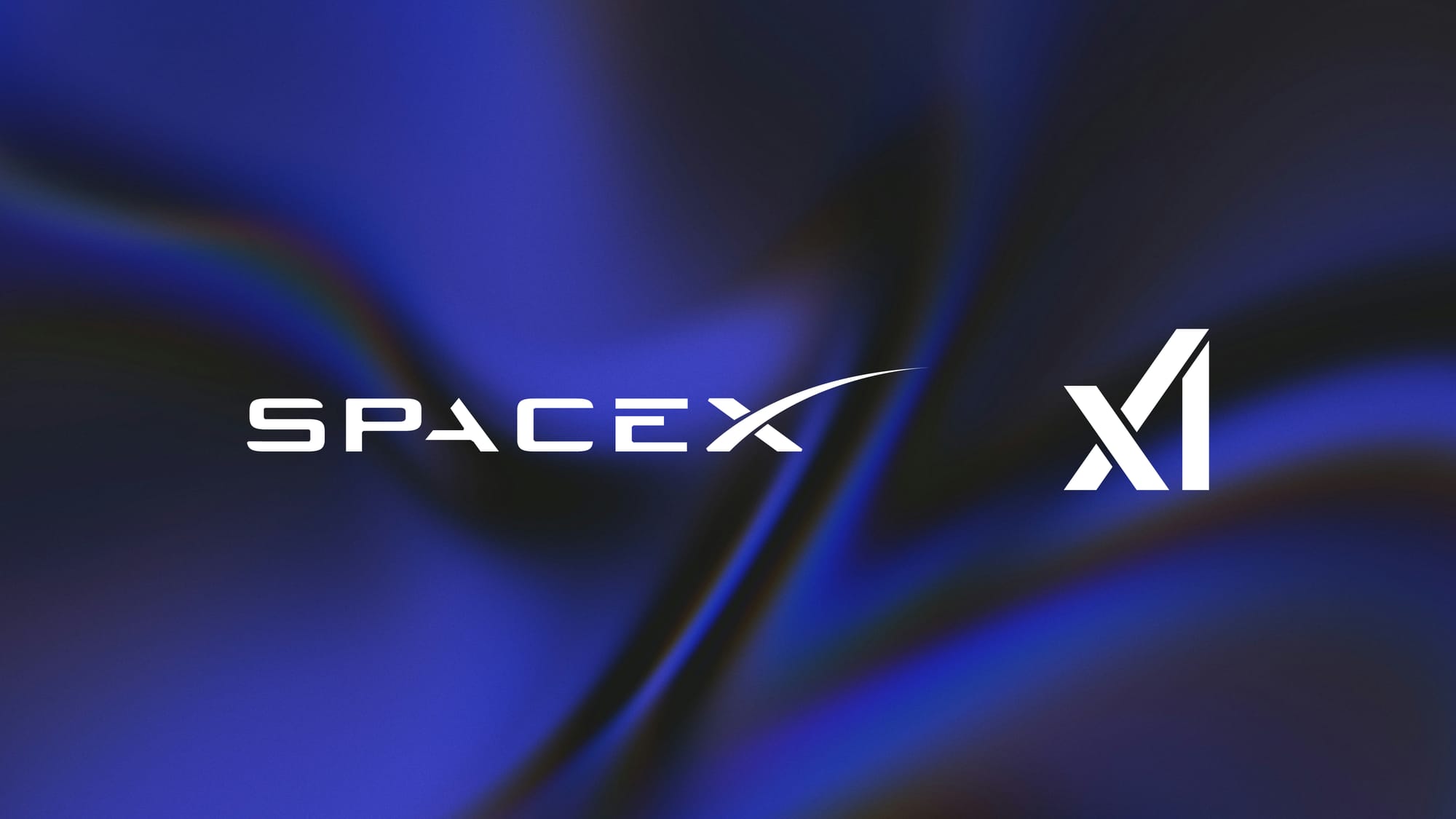


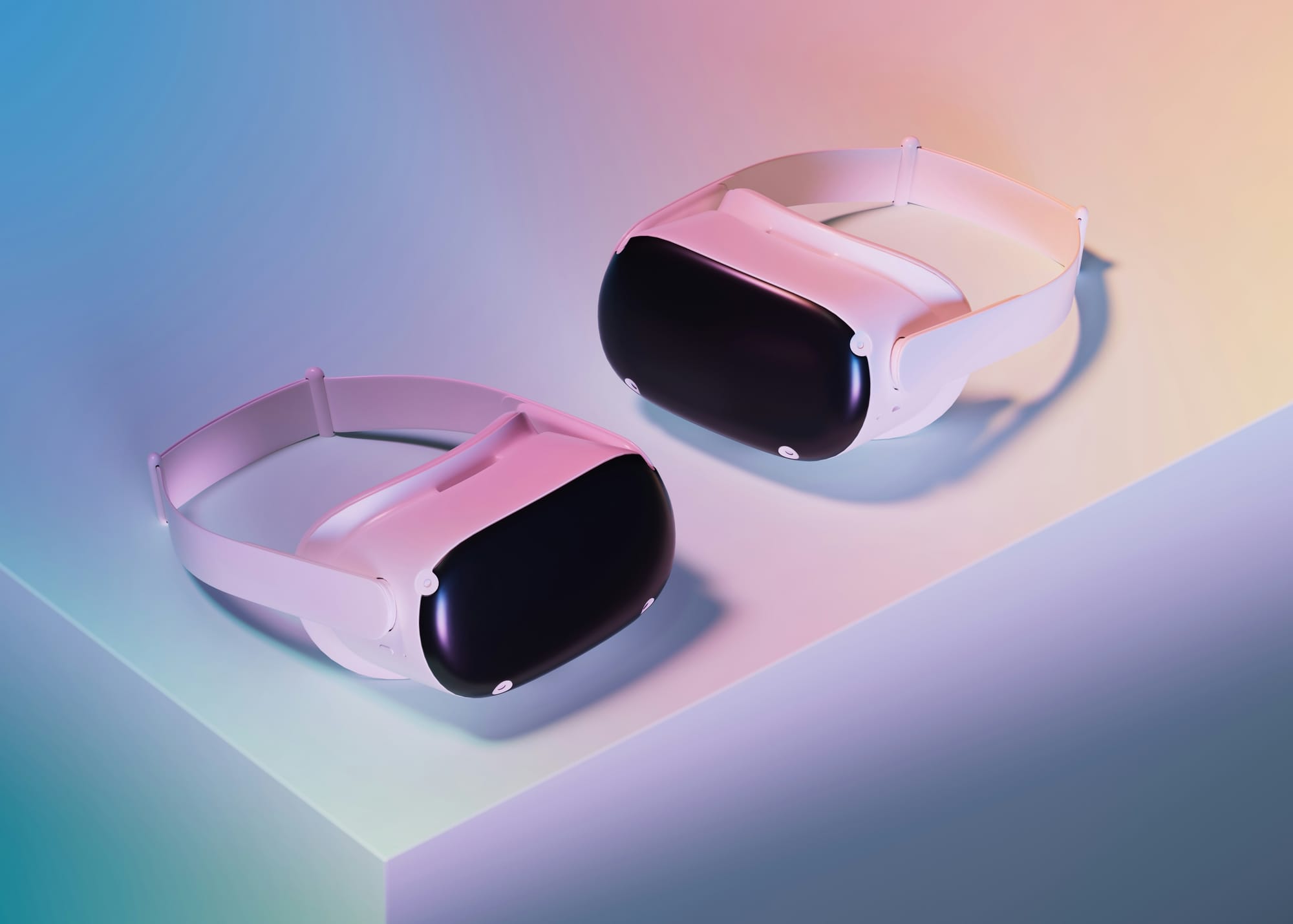

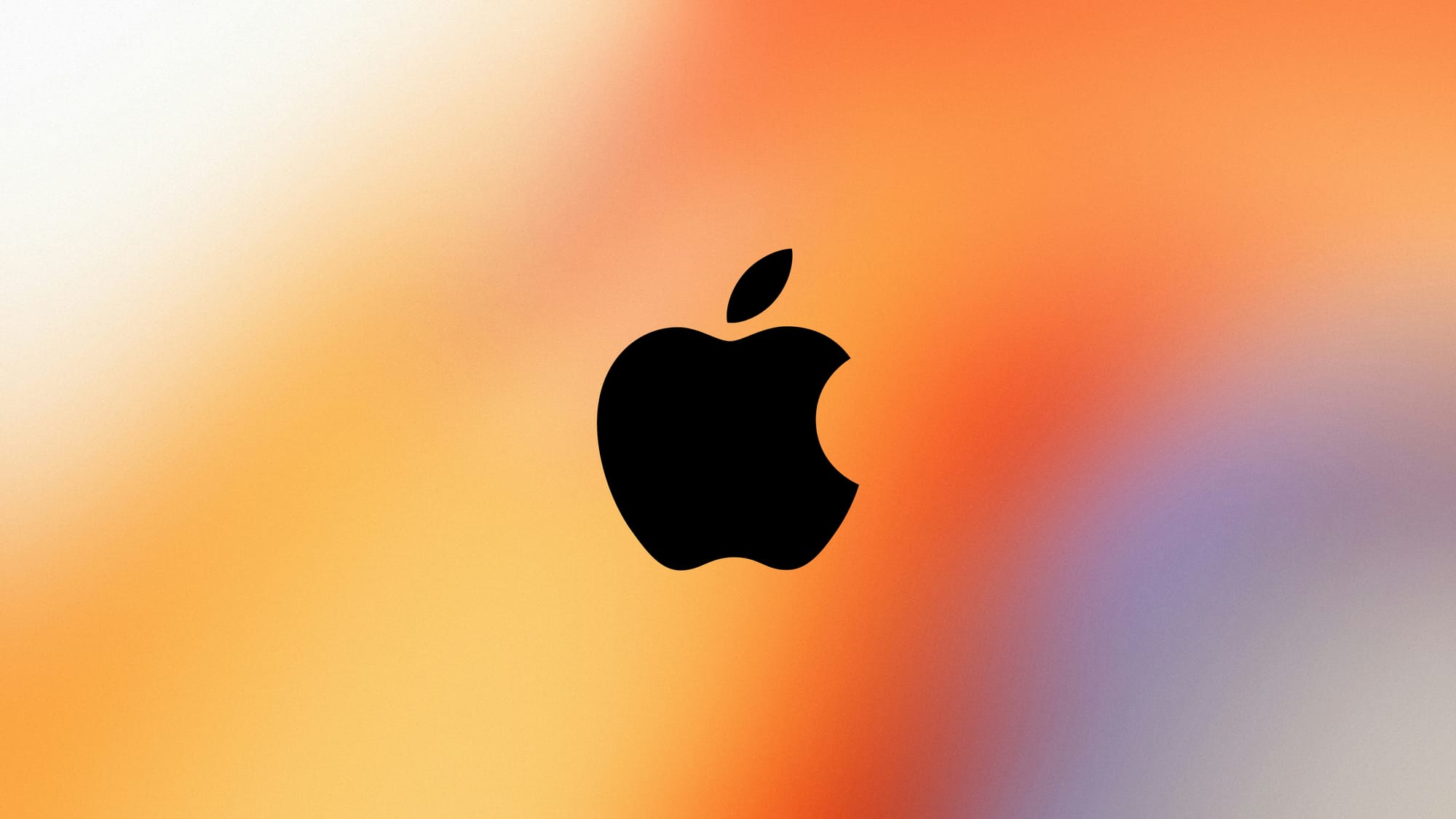
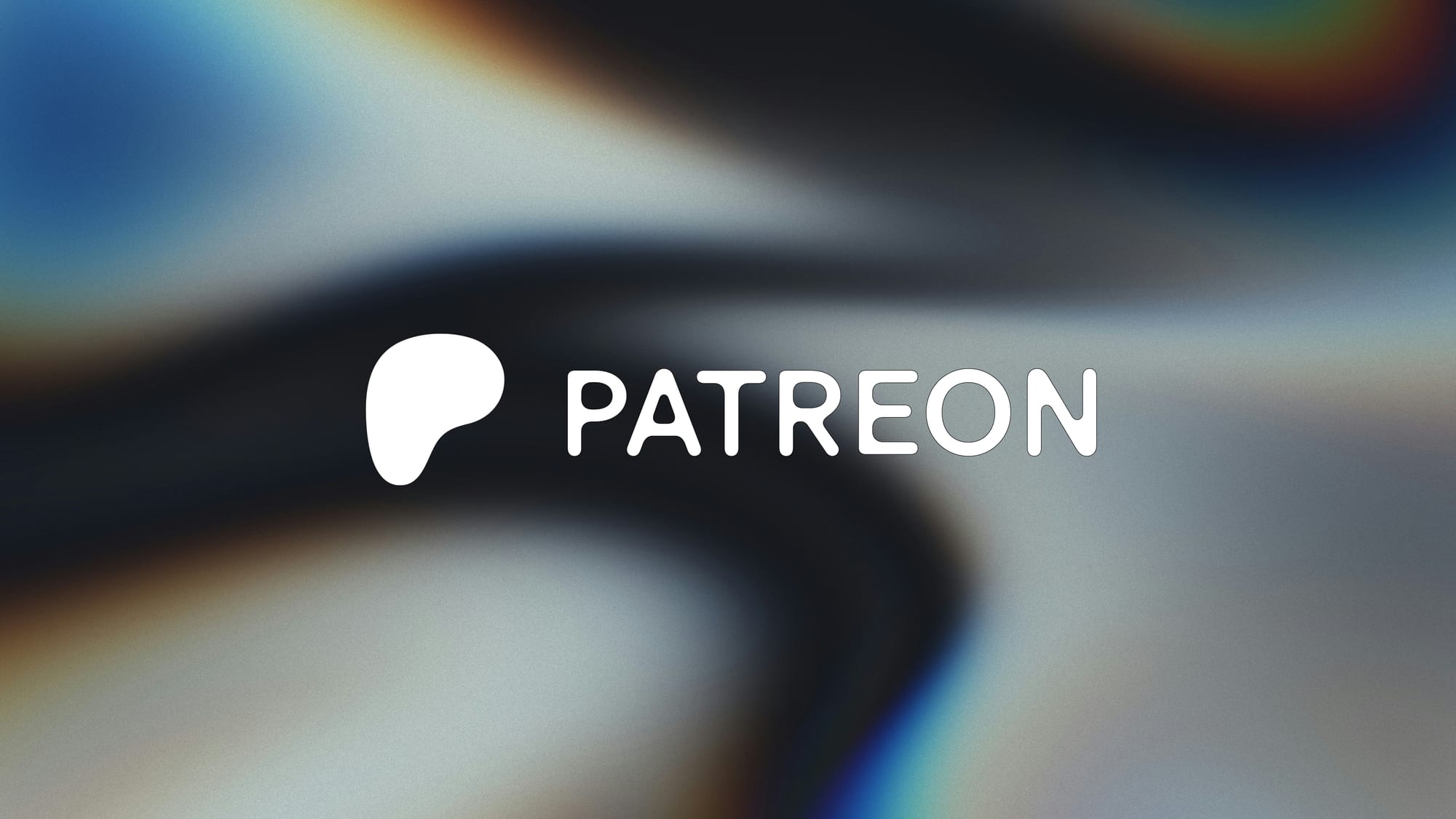
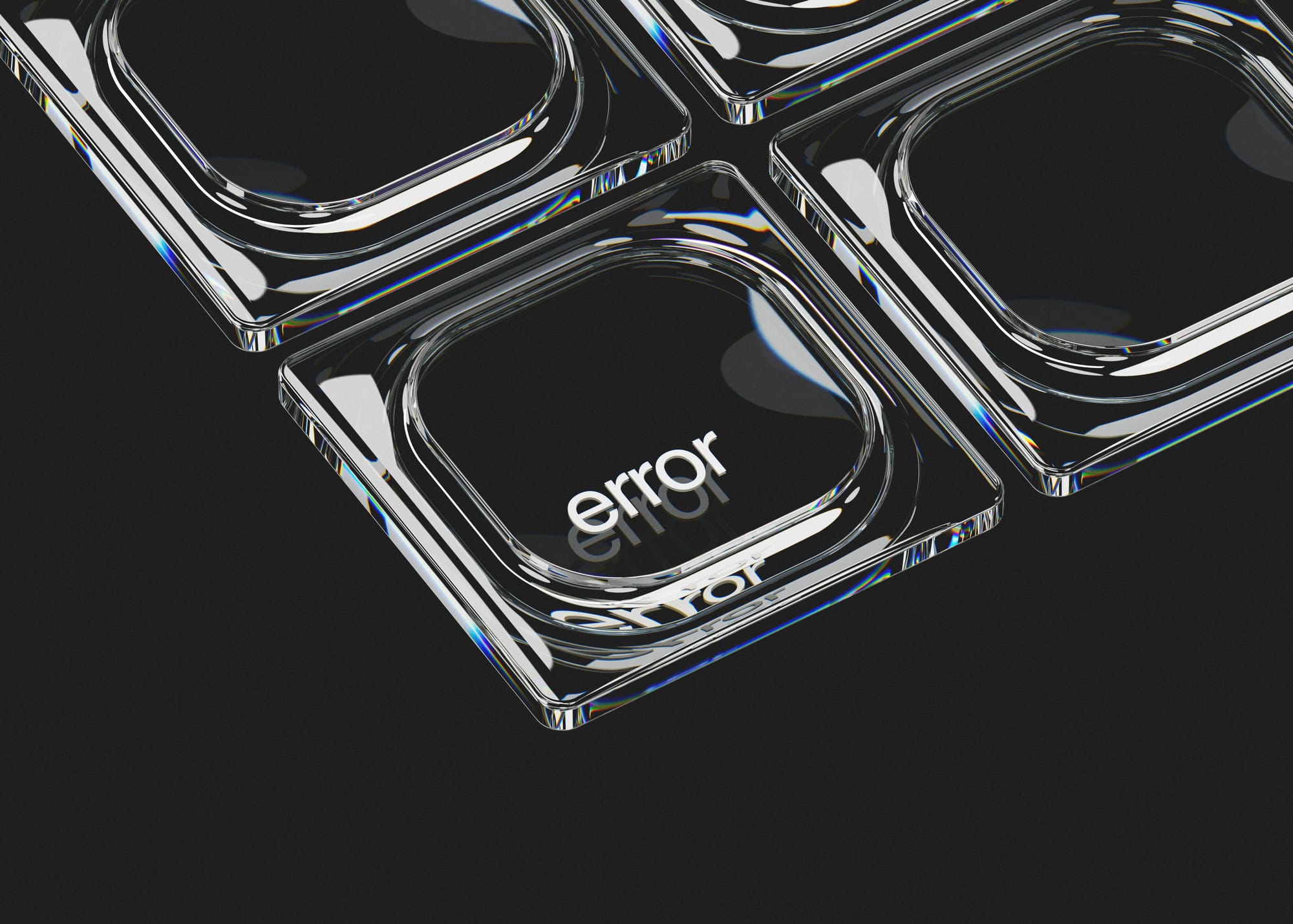

Discussion